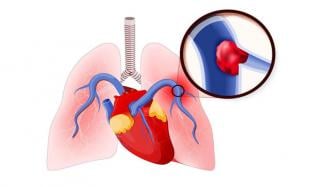
A recent study published in Neurology reveals that a new medication, ubrogepant, may be able to prevent migraines from developing into full-blown headaches if taken at the first signs of an attack.
The study, led by Dr. Richard B. Lipton of the Albert Einstein College of Medicine in New York, involved 518 participants who had been experiencing migraines for at least a year.
Participants were able to recognize early warning signs of a migraine, such as sensitivity to light and sound, fatigue, neck pain, or dizziness, and took either ubrogepant or a placebo when they noticed these symptoms.
The results were striking, with 65% of those who took ubrogepant reporting little to no limitation in their activities after 24 hours, compared to 48% of those who took the placebo.
Even within two hours of taking the medication, people who took ubrogepant were 73% more likely to report that they could function normally without any disability.
Dr. Lipton highlighted the significance of this treatment, saying, "Our findings are encouraging. Ubrogepant may help people with migraines function normally and go about their day."
However, he also noted a limitation of the study, citing the potential for inaccurate recording of symptoms and medication use.
The study offers new hope for the millions of people worldwide who suffer from migraines, a condition that can significantly impact daily life.















